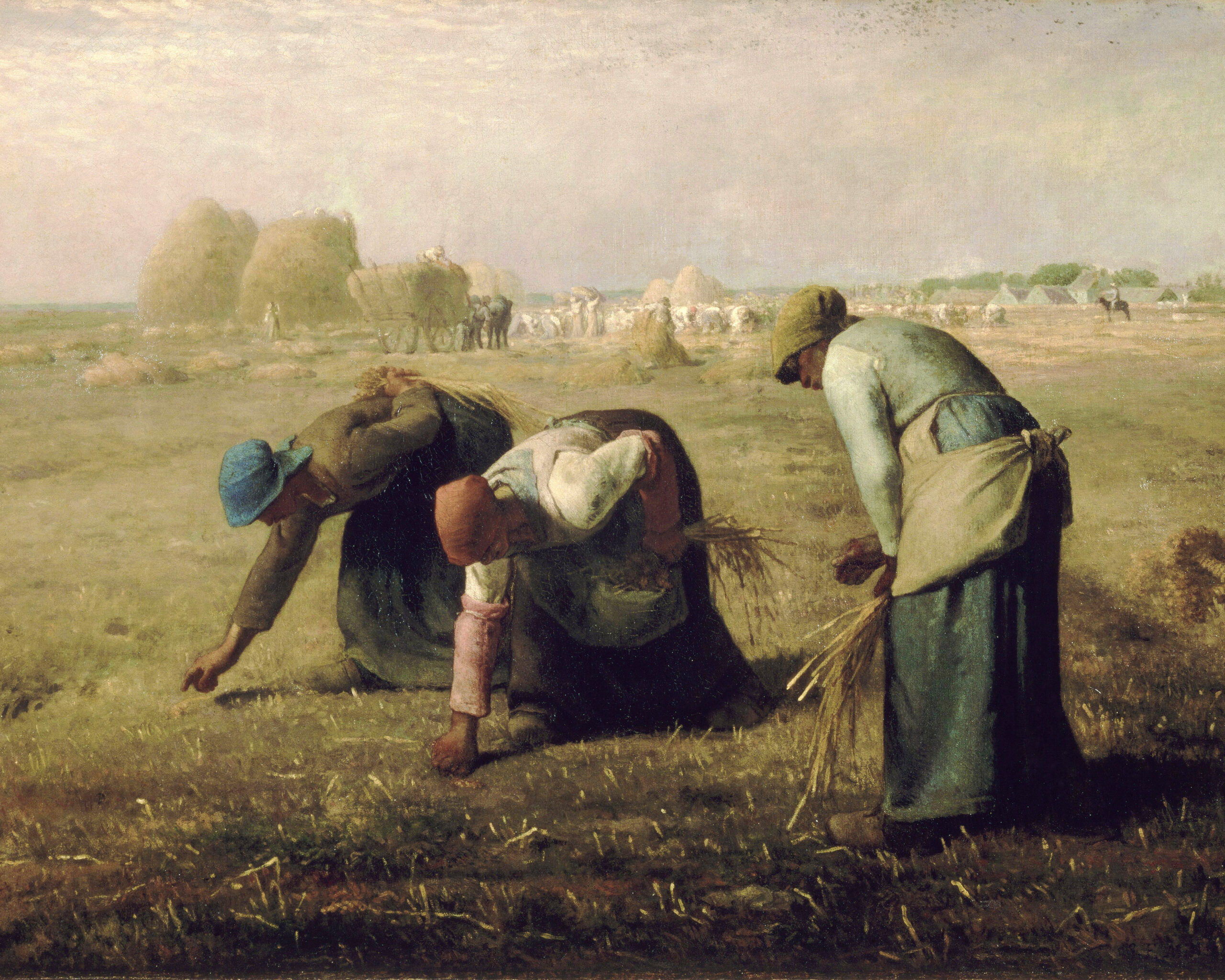“Son, when thou comest to the service of God, stand in justice and in fear, and prepare thy soul for temptation.”
-Ecclesiasticus 2:1
St. Jerome, upon these words, “There is a time of war and a time of peace” (Ecclus. 3:8), says, that as long as we are in this life, it is a time of war; and when we shall come to the other world, it will be a time of peace, for which reason the name of Jerusalem, that is to say, “the vision of peace,” is given to this heavenly country to which we aspire.
“Let nobody, therefore,” adds he, “think himself at present secure in this time of war, in which we are continually to fight, that at length we may rest in peace, such a peace as nothing shall be able to interrupt.”
St. Austin, upon these words of the Apostle, “I do not the good that I would do” (Rom. 7:15), says that the life of a just man is not a triumph, but a combat, and therefore at present we hear the cries of war, such as are expressed by the words which the Apostle makes use of when he complains of the repugnance of nature to what is good, and of its inclination to evil.
But songs of triumph will be heard when our mortal body shall be clothed with immortality, and then we shall cry out with the Apostle, “Death is swallowed up in victory! O grave, where is thy victory? O death, where is thy sting?” (1 Cor. 15:54).
But let us examine the cause of this continual war. The Apostle St. James shows us: “From whence,” he says, “are wars and contentions among you? Come they not from your concupiscences, which war in your members?” (James 4:1). The source of all this is within ourselves, and this source is the repugnance we have to what is good, which has remained in our flesh since the entrance of sin.
The earth of our flesh was not less cursed than earth itself, and therefore it produces so many thorns and thistles, which prick and torment us. The Saints compare us to that ship in the Gospel which was no sooner launched into the sea than a tempest rose and covered it with waves. For our soul is in our body, as a ship that leaks on all sides and which the winds of a thousand different passions expose every moment to shipwreck.
The cause, then, of the continual temptations which torment us is our corrupt nature – “For the corruptible body is a load upon the soul” (Wis. 9:15) – which is that incentive to sin we carry about us, that inclination to evil with which we are born. Our greatest enemy is within us and wages continual war against us. We are therefore not to wonder at our being tempted. For since we are children of Adam and “have been conceived in iniquity” (Psalm 1:7), how can we be exempted from temptations, or how can we hinder our evil inclinations from making war continually against us? And therefore St. Jerome observes that, in the prayer which our Saviour taught us, He does not bid us beg of God to have no temptations, for that is impossible, but only that he would not allow us to fall or sink under them. So also He taught His disciples, when He said to them, “Watch ye, and pray, that ye enter not into temptation” (Matt. 26:41).
Many erroneously imagine that, as soon as they are attacked by any violent temptation, all is lost and that God has forsaken them. But they are much mistaken, for all men are subject to temptations, and they who aim at perfection are more subject than others. All who will advance in virtue shall be exposed to temptations.
As for others, they often know not even what it is to be tempted; they are not sensible of the rebellion and struggle of the flesh against the spirit. Nor need the devil lose time in tempting them, since of themselves and without resistance, they yield to him. We do not go to hunt after tame animals, but after the stag and other wild beasts noted for their swiftness. It is after those whose feet God has made as swift as harts’ feet and those who live upon the mountains that the devil hunts. Such as are like tame animals he has no need to run after; they are already his own.
“He minds not,” says St. Gregory, “to disturb those of whom he enjoys a quiet possession.” Thus, we ought not only not to wonder at our having temptations, but should look upon them as a good sign, according to the words of St. John Climachus, who says, “that the most infallible mark of having overcome the devil is that he assaults you violently.” For he attacks you only because you struggled with him and shook off his yoke.
This article is taken from a chapter in The Soul Sanctified: Catholic Wisdom on the Way of Salvation which is available from TAN Books.








